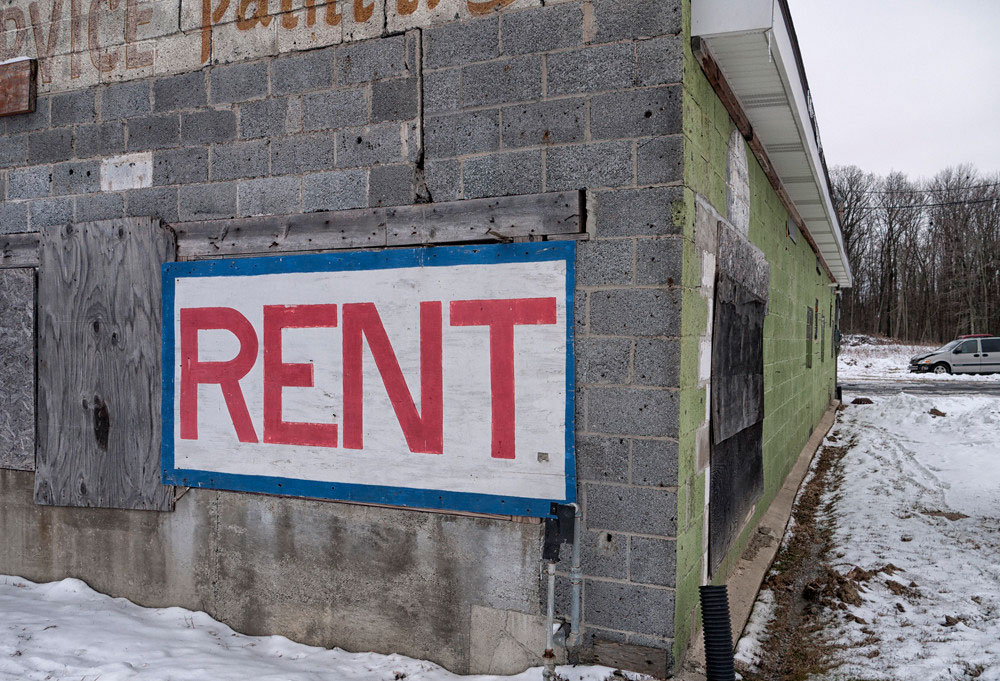
June 22, 2020; New York Times
“A moratorium on evictions that New York State imposed during the coronavirus pandemic expired over the weekend, raising fears that thousands of residents struggling in the worst economic collapse since the Great Depression will be called into housing courts, which reopened on Monday,” reports Matthew Haag in the New York Times.
Haag adds that housing advocates expect as many 50,000 to 60,000 cases could be filed in New York City’s housing courts alone, and that thousands more paused in March can resume.
A second order issued by the state shields tenants who have lost jobs due to COVID-19 until late August. When that lifts, a bigger wave of eviction cases is likely. In New York City, Haag reports that over a million city residents have lost their jobs or were furloughed in recent months.
The situation is difficult for tenants especially, but also for some small landlords, who in some cases are struggling to keep current on mortgages as a result of reduced rent receipts. According to a survey by CHIP—the Community Housing Improvement Program, which represents about 4,000 property owners—about 25 percent of renters have not paid rent in May, April, and June, and about 20 percent of surveyed landlords said they faced some risk of losing their properties.
In the days leading up to the first moratorium deadline, dozens of members of the New York State legislature, as well as many housing groups, urged Governor Andrew M. Cuomo (D) to extend universal protection to all tenants, but this did not occur.
Meanwhile, many nonprofit tenant advocates are appalled.
Sign up for our free newsletters
Subscribe to NPQ's newsletters to have our top stories delivered directly to your inbox.
By signing up, you agree to our privacy policy and terms of use, and to receive messages from NPQ and our partners.
“All levels of government have to realize that they cannot let tens of thousands of people end up in homeless shelters,” says Edward Josephson, the director of litigation and housing at Legal Services NYC. “It’s the most dire thing that we have ever seen.”
Susanna Blankley, the coalition coordinator for the Right to Counsel NYC Coalition, says it is “unconscionable” for housing courts to restart at all.
Historically, eviction trends in New York City have been heavily race-based. Haag writes that, “Of the ZIP codes in New York City with the most evictions in 2018 and 2019, people of color make up more than 96 percent of the population in those areas, according to census data. All of them were in the Bronx or Brooklyn.”
“When we talk about evictions, the vast majority of those people will be black and brown people,” Deborah Metts, 37, a laid off marketing executive and new tenant organizer, says. She adds that, “If society cares about social justice, one of the places they need to put their money where their mouth is in eviction prevention.”
A provision in the federal HEROES Act—passed last month by the US House of Representatives, but languishing in the US Senate—would create a $100 billion Emergency Rental Assistance program. Such a program could protect both landlords and tenants—tenants, by covering their rent and thereby avoiding eviction, and landlords because federal funding would help make up for the shortfall of rent receipts.
As the National Low-Income Housing Coalition (NLIHC) explains, according to the HEROES Act provisions, “At least 70 percent of the funding would have to be used to serve individuals or families experiencing or at-risk of homelessness earning less than 50 percent of AMI [area median income].” The NLIHC adds that “funding could be used for short- and medium-term rental assistance and rent-related costs, including utility payments, rent and utility arrears, arrear fees, and security and utility deposits.”
Senator Sherrod Brown (D-OH) has introduced similar legislation in the US Senate, but to date no Republicans have signed on to the bill. At present, it remains unclear whether this provision, or some variant of it, might ultimately be passed into law.—Steve Dubb













